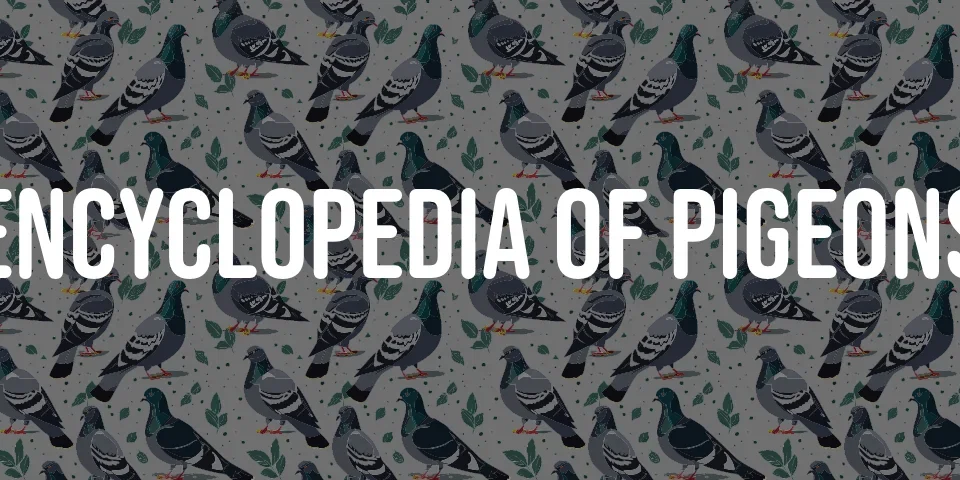The lifespan of pigeons is a fascinating subject, influenced by a myriad of factors like genetics, environment, diet, and care. While the average feral pigeon battles the elements, living 3-6 years, their pet and racing counterparts, enjoying optimal care and nutrition, can live up to 15 and 20 years respectively. This intricate dance between nature and nurture, coupled with their unique mating and reproductive patterns, offers a captivating glimpse into the life of these remarkable birds.
Key Takeaways
- The average lifespan of a feral pigeon in the wild is 3-6 years, while pet pigeons can live up to 10-15 years and racing pigeons can live up to 20 years.
- Genetics, environment, diet, and care all play roles in determining the lifespan of pigeons.
- Pigeons can mate for life and reach sexual maturity at around 7 months.
The lifespan of a pigeon can be influenced by various factors, including genetics, environment, diet, and care. Feral pigeons typically have a shorter lifespan of around 3-6 years due to the challenges they face in the wild. Their lives are often cut short by predation, exposure to extreme weather conditions, and a lack of consistent food supply.
On the other hand, pet pigeons and racing pigeons that receive proper care and attention can live significantly longer. Pet pigeons can live up to 10-15 years, while racing pigeons can even reach an impressive lifespan of up to 20 years. These birds are protected from many of the dangers faced by feral pigeons and are provided with a consistent and balanced diet, shelter from extreme weather, and regular veterinary care.
Genetics also play a significant role in determining the lifespan of pigeons. Just like other living organisms, pigeons’ lifespan is influenced by inherited traits and genetic disorders. Selective breeding can further enhance the longevity of pigeons when breeders focus on breeding individuals with desirable traits, including health and long lifespan.
The Impact of Care and Nutrition on Pigeon Lifespan
Proper care and nutrition significantly contribute to a pigeon’s lifespan. Providing a clean and suitable habitat, protecting pigeons from drafty areas and direct sunlight, and offering a well-balanced diet are crucial for their well-being and longevity.
Adequate nutrition is important for maintaining the overall health of pigeons. They have an omnivorous diet that includes seeds, grains, and small insects. Ensuring that they have access to a proper diet high in essential nutrients is crucial for their growth, immune system, and overall lifespan.
Furthermore, regular veterinary care is essential for preventing and treating any potential health issues. Routine check-ups, vaccinations, and parasite control can help maintain the health of pet and racing pigeons, prolonging their lifespan.
Mating and Reproduction
Pigeons are known to be monogamous birds, forming long-lasting pair bonds. They mate for life, and the female pigeon reaches sexual maturity at around 7 months of age. After mating, the female pigeon lays 1-3 white eggs, which hatch after 18 days of incubation. The chicks are initially helpless and rely on their parents for food and protection. They leave the nest between 25-32 days old, gradually gaining independence.
The mating and reproductive behaviors of pigeons are an integral part of their life cycle and contribute to their population dynamics. By understanding their reproductive patterns, researchers can better assess and monitor the health and sustainability of pigeon populations.
In conclusion, the lifespan of pigeons can vary depending on genetics, care, nutrition, and environmental factors. While feral pigeons typically have a shorter lifespan, pet pigeons and racing pigeons that receive optimal care and attention can live much longer. Understanding these factors is crucial for conservation and preservation efforts, as well as for ensuring the well-being and longevity of these fascinating birds.






